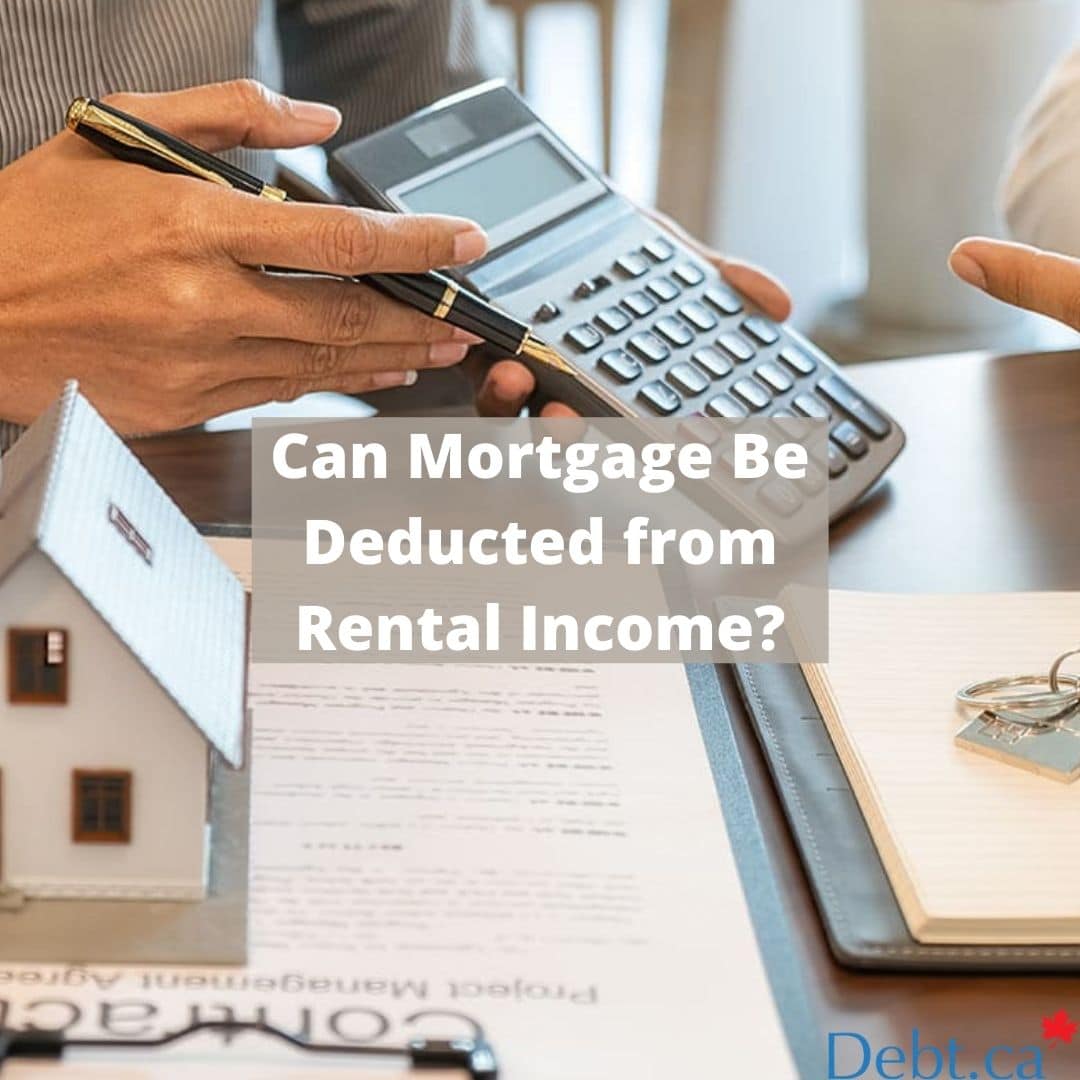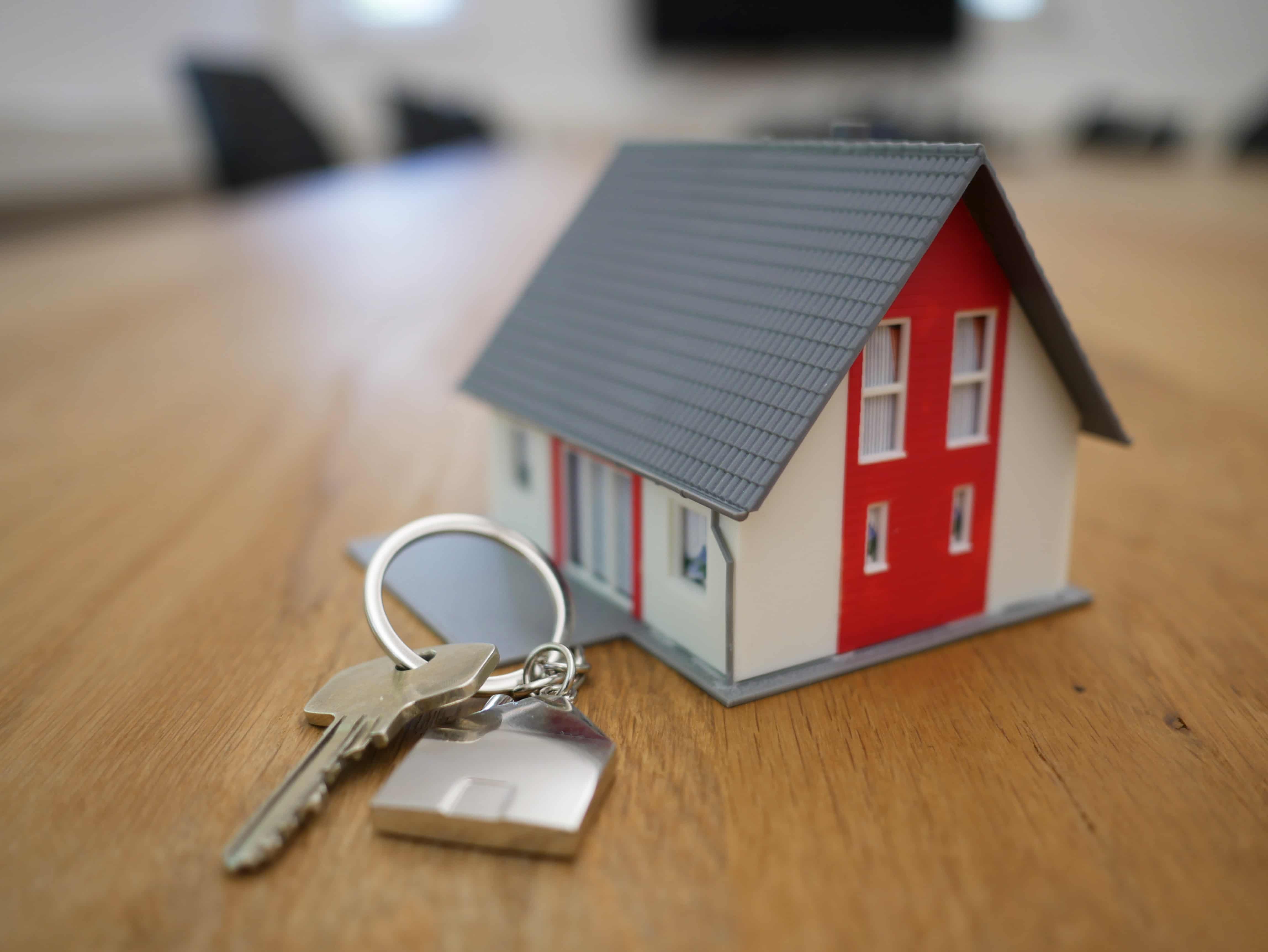Real estate is still one of the best investments in Canada, even now in 2021. With so many forms of investment, real estate gives people the flexibility in deciding how much risk they are comfortable with. For example, someone with a low-risk tolerance might rent out a room in their primary residence, as opposed to purchasing entirely new properties to rent out.
While a lucrative investment, real estate is also financially demanding. With a new mortgage, interest fees, insurance premiums, maintenance costs, taxes, legal fees, and utilities — it’s easy to feel the financial strain. Not to mention how much money you need for a downpayment on a house in Canada these days.
Luckily, there are some tax deductions for investors in real estate that you can apply to tax Form T776: Statement of Rental Income.
Can I deduct my mortgage payments from my income?
The short answer is no. You cannot deduct principal mortgage payments from your income, whether your real estate property is your primary residence or a rental property. However, you can deduct mortgage interest payments if that interest comes from the money you borrowed to buy or improve your rental property. This includes mortgage interest. It’s important to note, however, that you cannot deduct mortgage interest payments on your primary residence.
What other investment property expenses can I deduct?
Despite the financial demands a rental property poses, you can claim many of those expenses as deductions on your tax return.
Advertising
When finding tenants for your rental property, you might enlist the support of advertising services. Canadian newspapers, television and radio stations, and apartment listing websites might have fees for you to advertise your property, which you can deduct. Additionally, you can deduct the expense of a real estate agent’s finder’s fee, which is often the same amount of one month’s rent in your unit.
Insurance
You can deduct the full cost of insurance premiums on your rental property, but only for the current year. If you’re collecting rental income from a room in your primary residence, you can deduct a portion of your insurance premium as a deductible expense.
Management, Administration, Repairs, and Professional Fees
Any of these fees associated with your rental property are fair game a deduction. If you decide to pay a maintenance person or superintendent to take care of and manage your property, you can deduct those expenses. This also includes employee salaries and wages. You cannot, however, deduct these as expenses if you yourself are providing those services.
For tax purposes you can, however, deduct the cost of a repair done yourself only if you’re expensing the cost of materials, such as a new fan or light bulbs.
Professional fees include legal fees that you may incur to:
- Purchase a rental property
- Take legal action against a tenant to collect rent
- Compose a lease
You can also deduct the cost of paying an accountant if you need help filing your taxes.
Property Tax
Property taxes could cost you thousands of dollars a year, especially if you live in a metropolitan city like Toronto. Luckily, you can deduct property expenses on your rental property, but only for the amount of time, it was rentable. For example, you can’t deduct property tax if you were living in the property for a period of time.
Travel
If your rental property is located in a different city from your primary residence, you can deduct travel expenses from travelling to your rental property. Be careful, however – you cannot deduct travel expenses for personal use. So, when deducting gas payments, make sure that the gas was only used to get you to your rental property.
Utilities
If your lease agreement with your tenant specifies that you’re in charge of utility payments, you can deduct these from your income. This includes the cost of gas, hydro, heating and electricity.
What about capital expenses and gains?
Capital expenses are the costs of renovations or other work that provide a long-term benefit to your rental property. Some examples include:
- Renovations to provide your kitchen with high-quality, granite countertops
- Furniture to rent out the property
While you cannot deduct the full expense of these purchases, you can deduct them over time as part of your capital cost allowance. This allowance refers to the overall cost of depreciating property and also includes the capital gain tax.
What rental property expenses are not eligible for tax deduction?
When deducting rental expenses during tax season, don’t make the mistake of deducting these expenses:
- Mortgage principal payments
- Land transfer taxes
- Tax Penalties
- Your own labour
- Personal portion of expenses
Check out the Government of Canada’s webpage for more information on expenses you cannot deduct.
Final Thoughts
Are you still wondering can the mortgage be deducted from rental income? Being a landlord isn’t easy, and the financial demands are stressful. However, with careful planning and awareness of tax rules, you can find some relief through income tax deductions. If you’re interested in investing in real estate but struggle with debt, talk to one of our consultants today.









